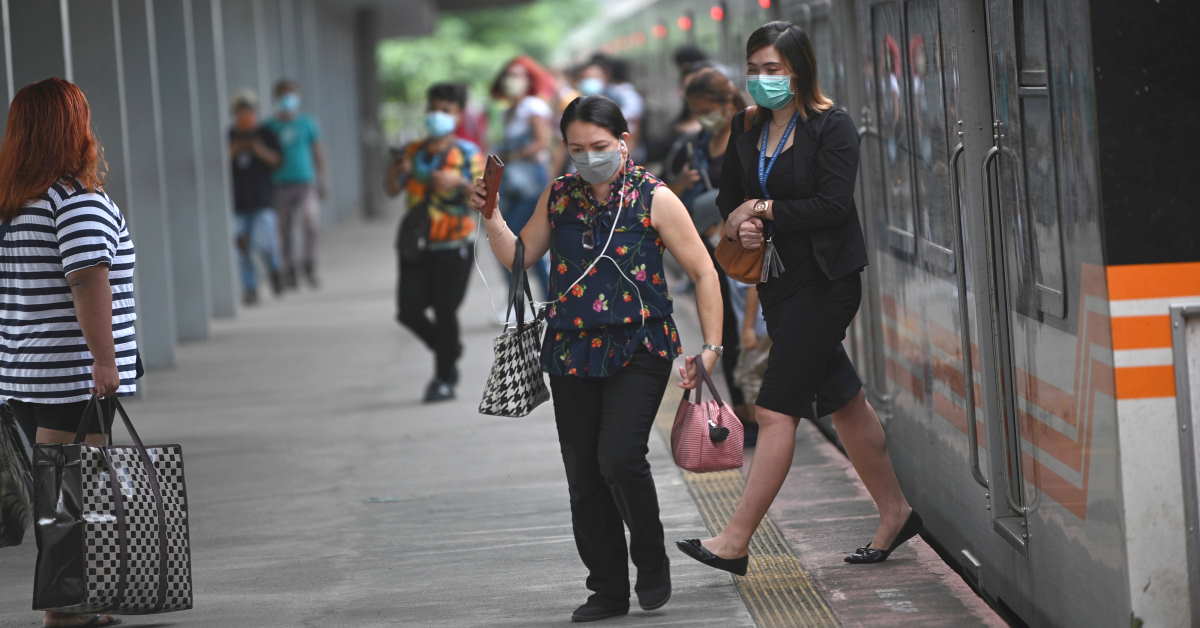The Philippines will lift most COVID-19 restrictions in the capital Manila next month, President Rodrigo Duterte's spokesman said Sunday, after a sharp drop in infections and a rising number of people vaccinated.
It comes weeks after the country reopened its borders to foreign tourists for the first time in two years and as campaigning for the 9 May national elections cranks up.
Businesses, government agencies and public transport will be allowed to operate at full capacity when the metropolis of 13 million people is placed on the lowest alert level on 1 March, said Duterte spokesman Karlo Nograles, which he previously described as the "new normal".
Masks will still have to be worn in public, but will no longer be required during sport or exercise under the new rules, which also apply to another 38 areas of the country.
Temperature checks for entering establishments will not be necessary and contact tracing efforts all but scrapped.
Cases have averaged 1,421 in the past week, compared with a peak of 39,004 on 15 January when the highly contagious Omicron strain ripped through the country.
After lengthy lockdowns which devastated the economy and threw millions out of work, the relaxation will help ease the financial misery of many Filipinos.
The vaccination rate in Manila has reached "100 percent", a government official said recently, but the rate is much lower in other parts of the country.
The coronavirus has infected more than 3.6 million people and killed more than 56,000, according to government data.
